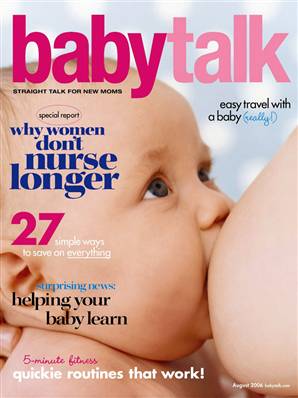After the Creative Revolution in the 1960s, advertisers began to try to find communications that gave people a reason to buy their product. That developed into the Unique Selling Proposition or USP – the ‘thing’ that makes people choose your product. It still applies. Every successful product has a USP. Over time this went from features to benefits. You’ve probably heard ‘sell the sizzle, not the steak’. Sell the benefit. In a marketplace full of things that do the same operation, to stand out from the crowd you need to have something that sets you apart. And that’s your sizzle.

The USP for M&Ms: Melts in your mouth, not in your hand.
For example, there are heaps of dishwashers. They all wash dishes. It’s hard to be known as a product, based purely on that. It doesn’t set them apart. But sizzling benefits like being ‘whisper quiet’, or ‘economical’, or ‘green’ will make the difference for the consumer in a target market. Make no mistake, these benefits might be common to more than one product – but the first to market with it as a sizzling quality, to make it a USP, will get to own that benefit.
In the 21st Century, if you are one of the many who believes you, personally, are a brand (do a search on personal branding and you’ll see what I mean) then the USP has never had more importance.
How do you sell yourself? What’s the one thing about you that makes you different and desirable? What’s your USP?
There are no doubt lots of people who can fulfill a good bit of your job. Code a website, write a story, answer a phone, collect a debt, change a nappy.
But there needs to be something about the way you do it that sets you apart. What’s your USP? Too many people don’t easily identify the things that they’re really great at – better, in fact, than most others. It’s time you did. What’s your sizzle?
It’s harder for women to get to recognise their sizzle than for men.
Research has shown women, in particular, are bad at identifying the things they’re really great at. A female A grade math student will say she’s “okay at math”. Whereas a B or C grade male math student is more likely to say they’re “great at math.”
It’s ironic that in the 1960s, Mary Wells, the first woman to own an advertising agency, was the first to think of branding beyond an obvious USP in the four walls of advertising.

Mary Wells, image from http://www.wowowow.com. Their photo essay on Mary Wells is great.
She extended the branding across all the marketing effort, so the flavour of that USP was on the lips of everyone experiencing any part of it. Ms Wells decided communication was something that happened all across the marketing effort. Of course she was right. The first step is identifying your USP. The second is to celebrate it across everything you do. The way you behave, dress, communicate. It’s all your own brand.
A good number of mommybloggers have accomplished this. They can sell their sizzle. But far too many very deserving women are not doing it.
Grab your sizzle, sell it up. Because you’re awesome. You have a USP. Time to identify it, claim it, and use it.


